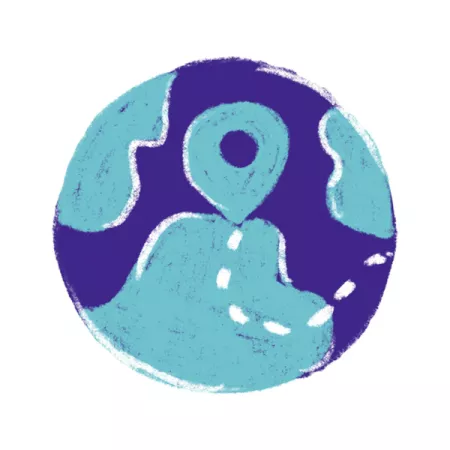Hot weather can be a challenge for people with epilepsy. For some, high temperatures are a known seizure trigger, and summer activities can make it harder to stay cool, hydrated, and well-rested.
Whether you're heading to a festival, chilling in the park, or going on holiday, it’s important to know how to manage epilepsy in the heat. These practical tips can help you stay safe and enjoy the sunshine with confidence.
1. Stay hydrated throughout the day
Drinking plenty of water is one of the most effective ways to manage epilepsy in hot weather. Dehydration can increase the risk of seizures, so aim to sip water regularly—even if you don’t feel thirsty. Try to limit caffeine and fizzy drinks, which can make dehydration worse.
2. Wear a hat and avoid direct sunlight
Protect your head and face with a wide-brimmed hat and take regular breaks in the shade. Avoid being in direct sunlight for long periods, especially during the hottest part of the day (usually between 11am and 3pm).
3. Avoid strenuous activity in the heat
Exercise is great for your wellbeing, but intense physical activity in hot weather can be risky. If you're taking part in something active—like a sponsored walk or sports day—try to do it early in the morning or later in the evening when it’s cooler.
4. Prioritise your sleep routine
Lack of sleep is a common seizure trigger. Hot nights can make it harder to fall and stay asleep, so try to keep your bedroom cool and dark. Use a fan, blackout curtains, or even chill your pillowcase in the freezer for a few minutes before bed.
5. Dress for the weather
Choose light, breathable fabrics like cotton or linen. Loose-fitting clothes in light colours will help your body stay cool and reduce the risk of overheating.
6. Store your medication correctly
Some epilepsy medications can be affected by heat. Always check the label or ask your pharmacist if your medication needs to be kept in a cool place—especially if you’re travelling or spending time outdoors.
7. Know your warning signs
Feeling dizzy, confused or unusually tired? These could be signs that your body is overheating. Listen to your body and take a break if you start to feel unwell.
8. Make a heatwave safety plan
If you know that hot weather affects your epilepsy, talk to your family, friends or support worker about what to do if you feel unwell. Having a plan in place can help you feel more prepared and reduce anxiety.





